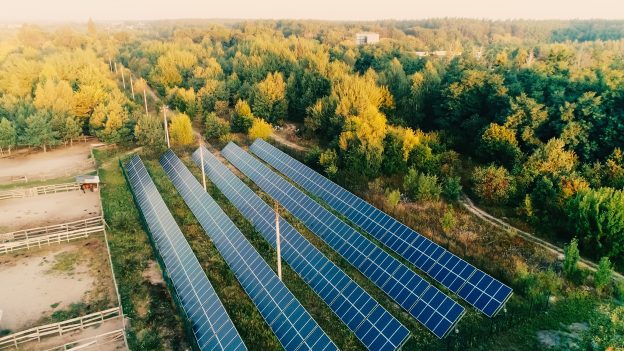
Used cooking oil possesses numerous reuse values, such as being refined into biomass fuel, and various countries in the EU have imported a large amount of used cooking oil to produce biomass fuel. However, a recent research of Dutch environmental advisory group CE Delft indicates that the sizeable demand for used cooking oil in Europe may exacerbate the deforestation in Southeast Asia, and is not all that eco-friendly in reality.
What is the connection between recycling and reusing used cooking oil and deforestation in Southeast Asia?
Europe has begun gradually restricting the use of palm oil in biomass fuel, and is expected to fully prohibit the relevant use by 2030, in the hope of avoiding severe deforestation while promoting for biomass fuel.
Hence, the UK and various countries of the EU have started to import a large quantity of used cooking oil to develop biomass fuel. The research of CE Delft based on the commission by the European Federation for Transport and Environment indicates that the volume of biomass fuel produced by used cooking oil has been increasing each year since 2014, and has also experienced a surge in demand by 40%, which derived a short supply status all over the world. The demand for used cooking oil in Europe is expected to double by 2030, reaching 6 million tons.
50% of the existing used cooking oil in Europe comes from overseas, of which 34% comes from China, and 19% comes from Malaysia and Indonesia. Used cooking oil is not only used for biomass fuel, but can also be applied in soap, stearic acid, and livestock feed. Research shows that the significant increase in the demand for used cooking oil has resulted in a surge in the export ratio from China, Thailand, Indonesia, and Malaysia, which prompted industries that utilize used cooking oil to transition to other oil products.
Malaysia exported 90 million liters of used cooking oil to the UK and Ireland in 2019 alone, which when converted to the population of the country, equals an import of 3L oil from each individual citizen. Greg Archer, UK Director of Transport and Environment, commented that the association is currently purchasing a sizeable quantity of used cooking oil that has resulted in the corresponding countries purchasing additional substitutes, with most being the affordable palm oil, under a reduced usage, and has indirectly led to an increasing frequency of deforestation in Southeast Asia.
The report also pointed out that the higher price of used cooking oil compared to palm oil may induce suppliers to deforest in order to produce more palm oil that can be passed off as used cooking oil, and a lack of material testing might just aggravate the status quo. However, the European Waste-to-Advanced Biofuels Association (EWABA) guarantees that it has a stipulated rigorous and forceful certification program accordingly.
(Cover photo source: shutterstock)







